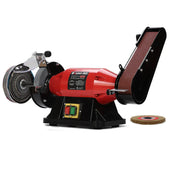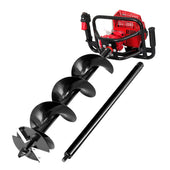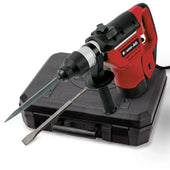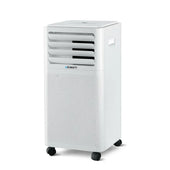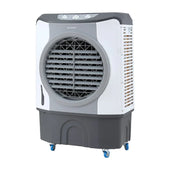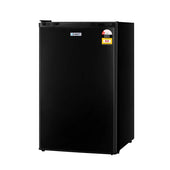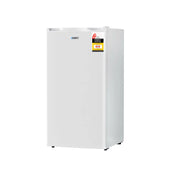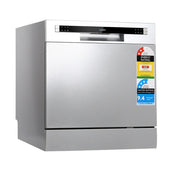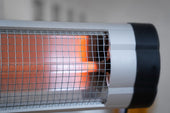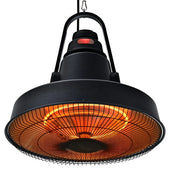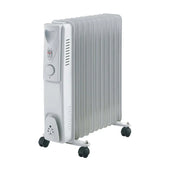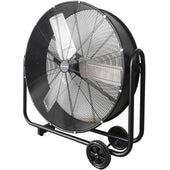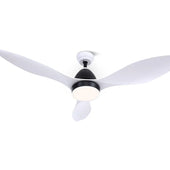Understanding the Basics of Your Fuel and Exhaust System
The fuel and exhaust system of a vehicle works together to ensure optimal performance and efficiency. The fuel system supplies the engine with the right amount of fuel for combustion, while the exhaust system removes gases created during this process. Key components of the fuel system include the fuel tank, pump, injectors, and filters. The exhaust system consists of the exhaust manifold, catalytic converter, muffler, and tailpipe.
Proper airflow, achieved through these systems, supports engine performance. Faults like fuel clogs or exhaust leaks can disrupt this balance. Understanding these elements helps in identifying and addressing common issues effectively.
Importance of Regular Maintenance for Optimal Performance
Regular maintenance plays a vital role in ensuring the efficiency and longevity of a vehicle’s fuel and exhaust systems. Failure to upkeep these components can lead to clogged filters, reduced fuel efficiency, and harmful emissions. Key maintenance steps include:
- Inspecting and cleaning fuel injectors to prevent blockages that can disrupt the fuel flow.
- Replacing air filters to maintain suitable air-to-fuel ratios for combustion.
- Checking the exhaust system for leaks, rust, or damage that might hinder emissions control.
Consistent monitoring not only prevents costly repairs but also promotes smoother engine performance and compliance with environmental regulations.
Inspecting for Leaks or Damage in Fuel Lines and Exhaust Pipes
Proper inspection of fuel lines and exhaust pipes is critical for maintaining vehicle safety and efficiency. Begin by visually examining the fuel lines for cracks, corrosion, or discolouration, which may indicate a leak or weakening material. Use a flashlight to check hard-to-see areas, such as under the vehicle or near bends in the lines.
Inspect exhaust pipes for rust, holes, or loose connections, as these can lead to harmful emissions leaks or excessive noise. Look for soot build-up around joints and connections, which often signals leaks. Ensure rubber gaskets and fittings remain intact and firmly seated to prevent further damage.
Keeping Fuel Injectors Clean to Prevent Blockages
Fuel injectors play a critical role in delivering the precise amount of fuel to the engine for optimal combustion. Over time, deposits from fuel and carbon build-up can clog these injectors, leading to poor engine performance and increased emissions. To maintain cleanliness, regular use of high-quality fuel additives can help dissolve deposits.
Signs of dirty injectors include rough idling, sluggish acceleration, and reduced fuel economy. It is recommended to replace fuel filters as part of routine maintenance to minimise contamination. Periodic professional cleaning using specialised equipment restores fuel injector efficiency and prevents blockages from recurring.
The Role of High-Quality Fuel in Engine Longevity
The quality of fuel directly impacts the performance and lifespan of an engine. High-quality fuel contains fewer impurities, such as sulphur or debris, which can prevent the build-up of harmful deposits in components like fuel injectors and combustion chambers. This ensures a cleaner and more efficient combustion process, reducing wear and tear over time.
Premium-grade fuel often includes additives that improve lubrication, minimise engine knocking, and prevent corrosion in sensitive parts. Using subpar or contaminated fuel can lead to clogged filters, reduced power output, and even long-term engine damage. Consistent use of high-quality fuel helps maintain optimal functionality and extends the engine's operational life.
How to Identify Common Exhaust System Issues
Recognising exhaust system problems early is crucial for vehicle health and performance. Common signs include unusual noises such as hissing, rumbling, or loud engine sounds, often caused by a failing muffler or leaks in the exhaust pipes. A noticeable drop in fuel efficiency might also signal blockages or damage in the system. Drivers should be alert to strong odours of exhaust fumes inside the cabin, which may indicate a cracked or damaged exhaust manifold. Rust or visible cracks in the exhaust components can be spotted during visual inspections. Pay attention to decreased engine performance or excessive smoke from the tailpipe.
Best Practices for Maintaining Catalytic Converters
Proper maintenance of catalytic converters ensures optimal performance and reduces harmful emissions. Drivers should prioritise regular inspections to identify clogs, damage, or wear early. Using fuel with the correct octane rating is essential, as low-quality fuel deposits can compromise efficiency over time. Avoiding prolonged engine misfires is crucial, as unburned fuel entering the converter can cause overheating and permanent damage.
Periodic replacement of the vehicle's oxygen sensor helps the catalytic converter function effectively. Additionally, ensuring the engine is in good condition prevents undue strain. Lastly, adopting eco-friendly driving habits such as avoiding unnecessary idling can extend its lifespan while reducing environmental impact.
Signs of Wear and Tear: When to Replace Components
Identifying wear and tear in fuel and exhaust components is essential to maintaining vehicle performance. Common signs include a noticeable drop in fuel efficiency or excessive smoke from the exhaust pipe, indicating potential issues like leaks or blockages. Rattling noises beneath the vehicle may suggest a damaged catalytic converter, while a persistent fuel smell often points to problems with fuel lines or injectors.
Inspect the exhaust system for rust, holes, or loose connections. For filters like the fuel filter, replacement should follow the manufacturer’s schedule. Ignoring these signs can lead to costly repairs or further system damage, affecting overall vehicle functionality.
The Impact of Driving Habits on Fuel and Exhaust Systems
Driving habits play a critical role in the performance and longevity of fuel and exhaust systems. Abrupt acceleration or frequent hard braking can increase fuel consumption and strain the exhaust components. Prolonged idling wastes fuel and leads to carbon build-up in the exhaust system, causing blockages in the catalytic converter over time.
Driving at consistently high speeds or revving the engine unnecessarily can degrade fuel filters and injectors, affecting overall efficiency. Short trips, where the engine doesn’t reach optimal operating temperature, can lead to condensation buildup in the exhaust, accelerating rust and corrosion. Adopting mindful driving behaviours helps mitigate these issues, improving system lifespan.
Professional Servicing: When to Seek Expert Help
Certain fuel and exhaust issues require professional attention to ensure safety and efficiency. Leaks in the exhaust system, for instance, can release harmful gases like carbon monoxide, necessitating immediate expert intervention. Persistent engine misfires may indicate complex problems such as fuel injector failure or catalytic converter blockage, which are better handled by trained technicians. Strange odours, excessive smoke, or drastic drops in fuel efficiency also signal underlying issues needing specialised diagnostics. Additionally, modern vehicles equipped with advanced emissions control technologies often require professional tools to handle repairs. Regular maintenance performed by professionals can prevent costly damage in the long run.



